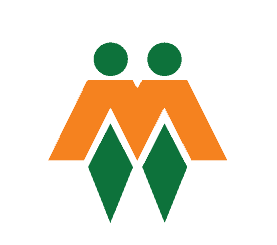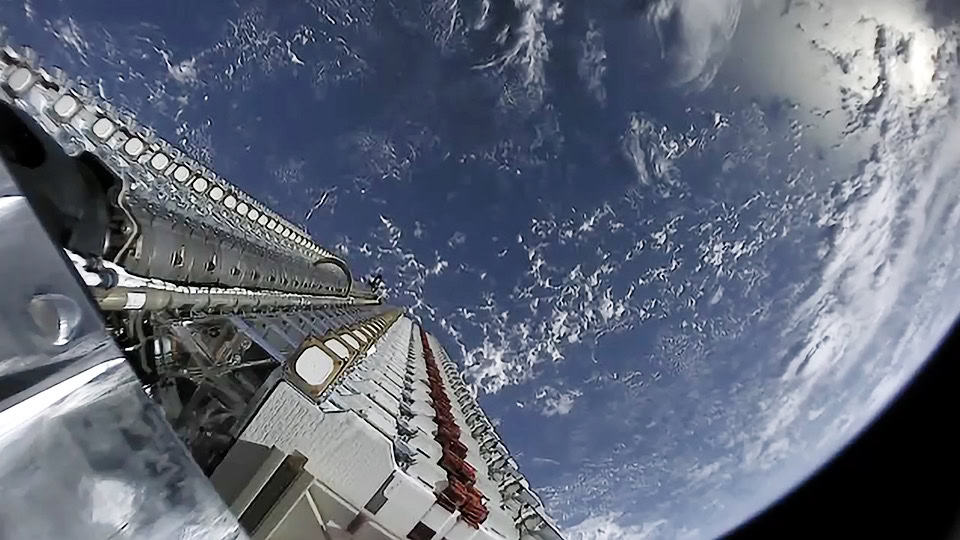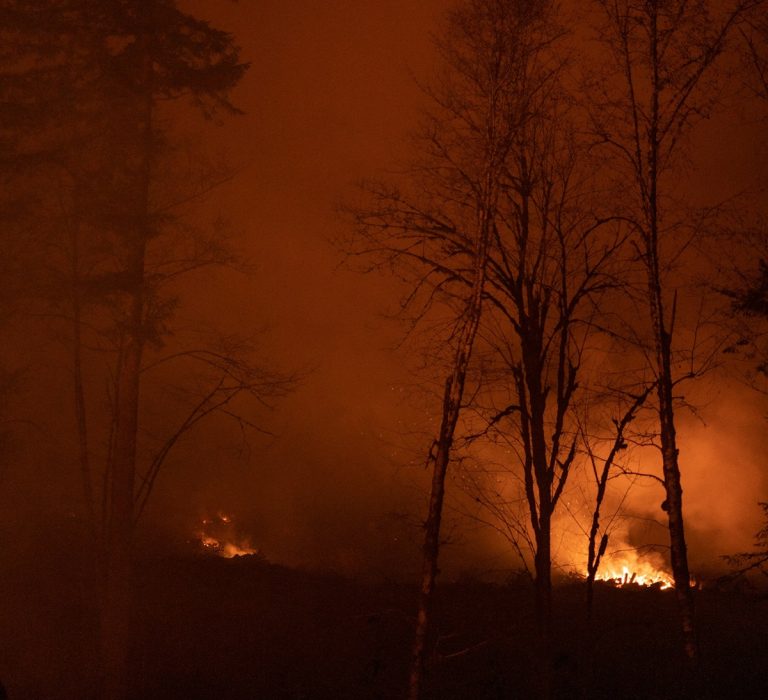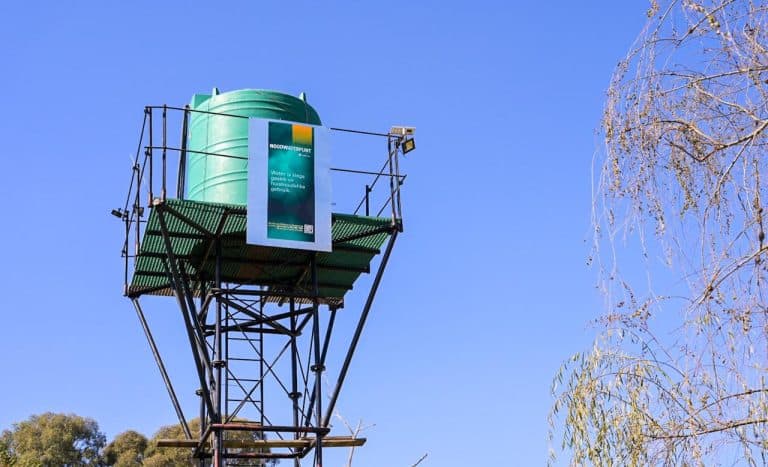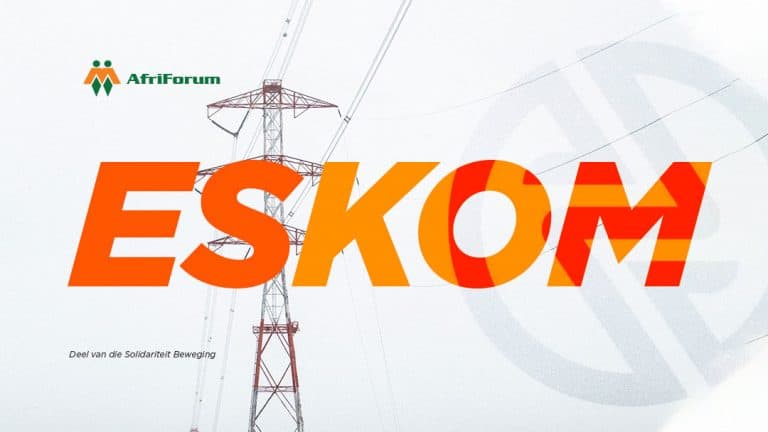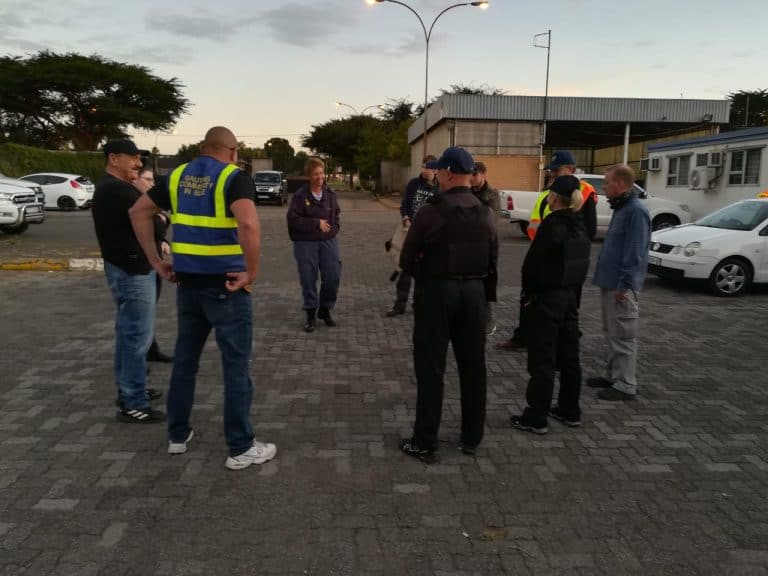AfriForum challenges ICASA’s race criteria blocking Starlink in South Africa
The civil rights organisation AfriForum today submitted written comments to the Independent Communications Authority of South Africa (ICASA) in which the organisation calls on ICASA to drop its strict race criteria that currently encumber the granting of a South African license to the satellite internet service Starlink.
AfriForum submits these comments in response to the proposed new Licensing Framework for Satellite Services, currently before ICASA, which is open for public comments. AfriForum argues that racially discriminatory criteria, in the form of strict race-based ownership requirements should be scrapped from ICASA’s requirements for internet service providers.
According to Ernst van Zyl, Head of Public Relations at AfriForum, only 15 of the 54 African countries do not have a timeframe for the commissioning of Starlink. Starlink has already been launched in four of South Africa’s six neighbouring countries, namely Eswatini, Botswana, Zimbabwe and Mozambique. The Starlink service is expected to be launched in Namibia and Zimbabwe later this year.
South Africa has serious problems with rural safety. A significant contributing factor to this crisis is the unreliable or absent cellphone signal. For example, a stable internet connection for emergency communication and the efficient functioning of security cameras are crucial for security in rural areas. Cellphone towers are also prone to weaker or non-existent signal during power outages.
“The improved communication capabilities that Starlink will offer South Africa will make a great contribution in preventing crime and improving crime response times, especially in rural areas where cellphone reception is often unreliable or completely absent,” Van Zyl continues.
“By blocking Starlink from operating in South Africa on racial grounds, ICASA deprives rural communities of a reliable alternative that could save lives. With this, South Africa is falling behind in the rest of the world, Africa and the Southern African region in terms of access to this new technology,” Van Zyl concludes.

